This year's Hungarian EU Presidency can provide an opportunity to promote the long-stalled Western Balkans enlargement of the Bloc and to strengthen the fight against illegal immigration, the FM said in Gyongyos on Thursday.
At a public forum held in the city, the minister said that in the second half of the year the Hungarian government will have a determinant role in what is included on the EU Council's agenda, which means a massive opportunity in two matters: one is enlargement, the other is migration. On the former, he said that the European Union is in especially bad shape, its weight in the world is steadily declining both economically and politically, and the security situation has deteriorated substantially.
Halting this trend would be possible with a kind of fresh impetus and energy, which could basically come from the Western Balkans,
he believes, pointing out that although member states are publicly in favor of enlargement, behind closed doors only a minority actually support the admission of the long-awaiting states in the region. By contrast, he said, it appears Ukraine is being pushed into the fold more quickly. "This is a political issue, but the problem is that both sides are completely unprepared for it," he explained.
On illegal immigration, he underlined that Hungary has been firmly protecting its borders for nine years, while Brussels has been encouraging migration. Africa's population will grow by 750 million in the next 20 years, and jobs, schools and healthcare will be needed to keep these people in place.
"Instead of thinking about this, the European Union adopts a migration pact, which encourages, organizes and manages immigration. And the Frontex agency, which we are being offered to help protect the border, acts in essence as a travel agency. We have to be tough on these two issues: push forward the enlargement of the European Union and prevent illegal migration as much as possible," he said.
We cannot drift into war
At the panel discussion the foreign minister also touched on the war in Ukraine, welcoming the fact that the government has managed to prevent Hungary from being drawn into the conflict despite the war psychosis among European political leaders. He stressed that European decisions have been a total failure, both economically and politically, and that the continent's leaders have virtually lost their leverage in world politics. Moreover, there is no prospect of a turnaround, as no one is willing to admit these mistakes, given the political consequences.
And it is clear that the European leaders are clinging to their seats and their positions with both hands, which is why there is no turning back in this failed European strategy as they are opting for escaping forward,
he noted.
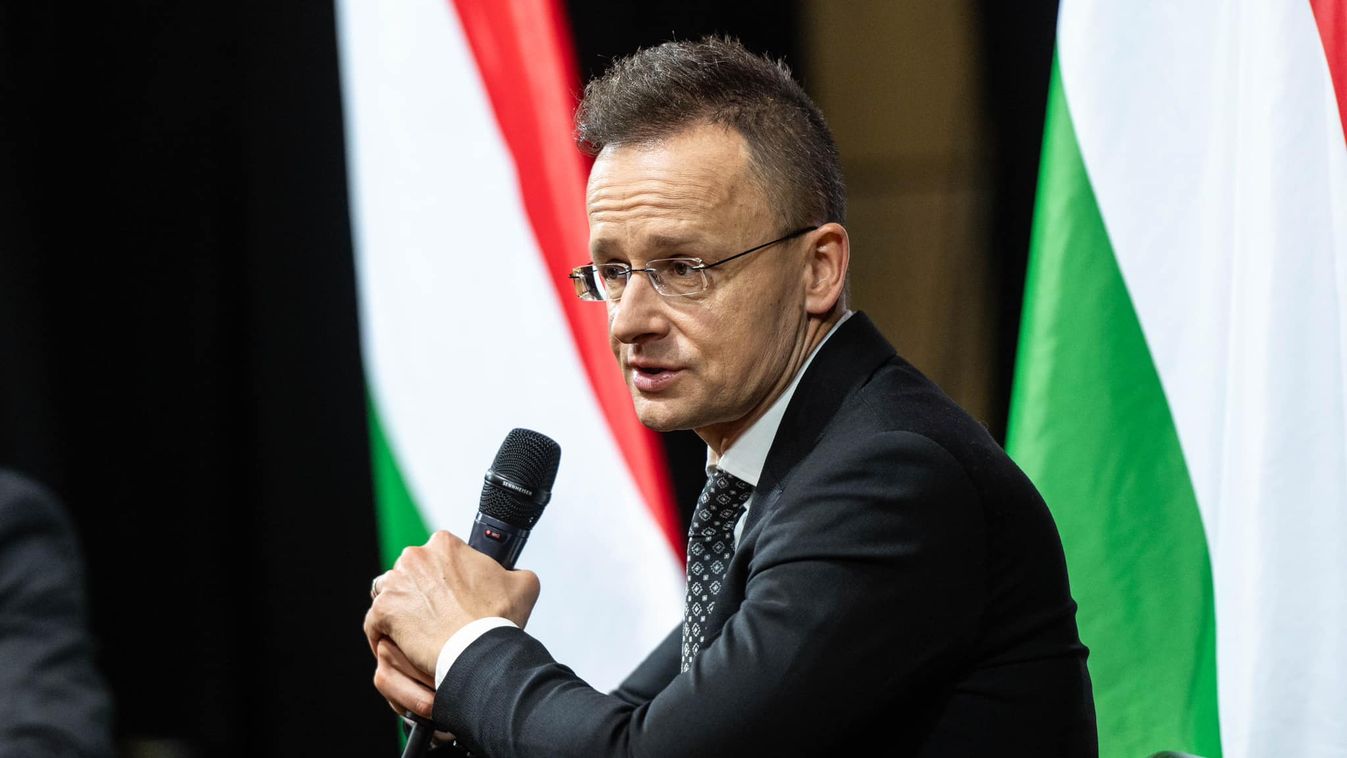
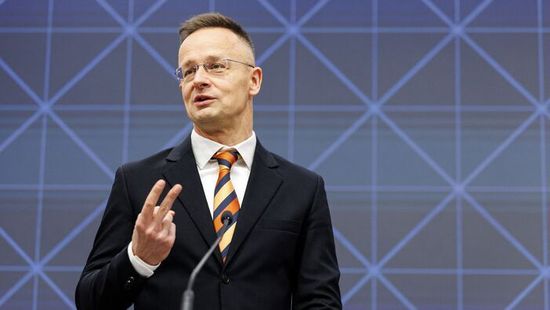
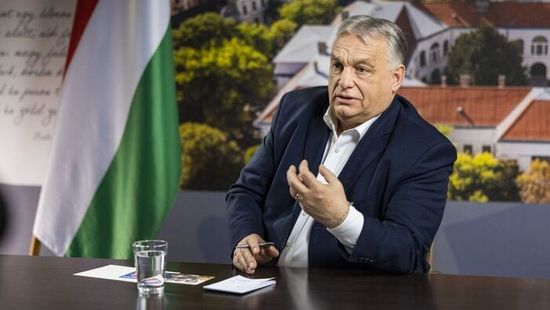



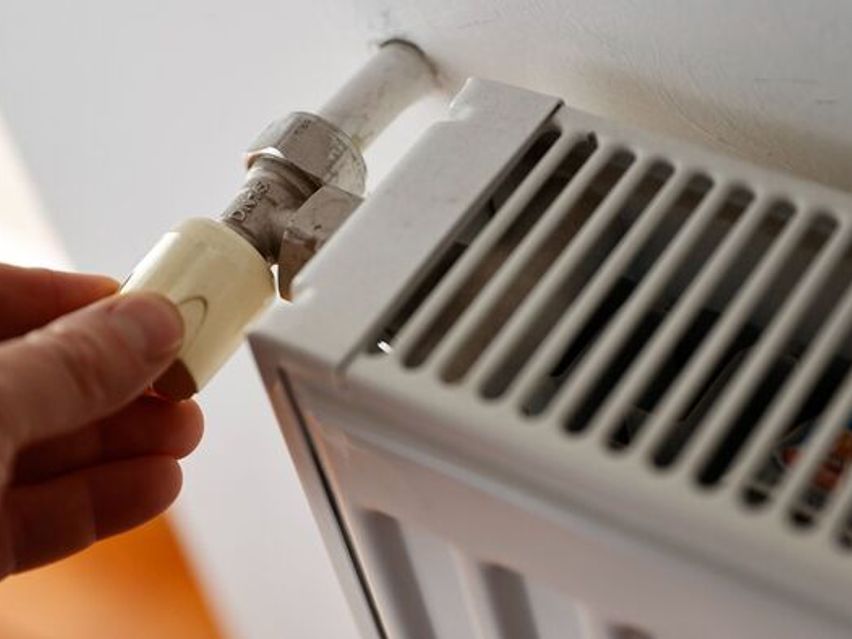
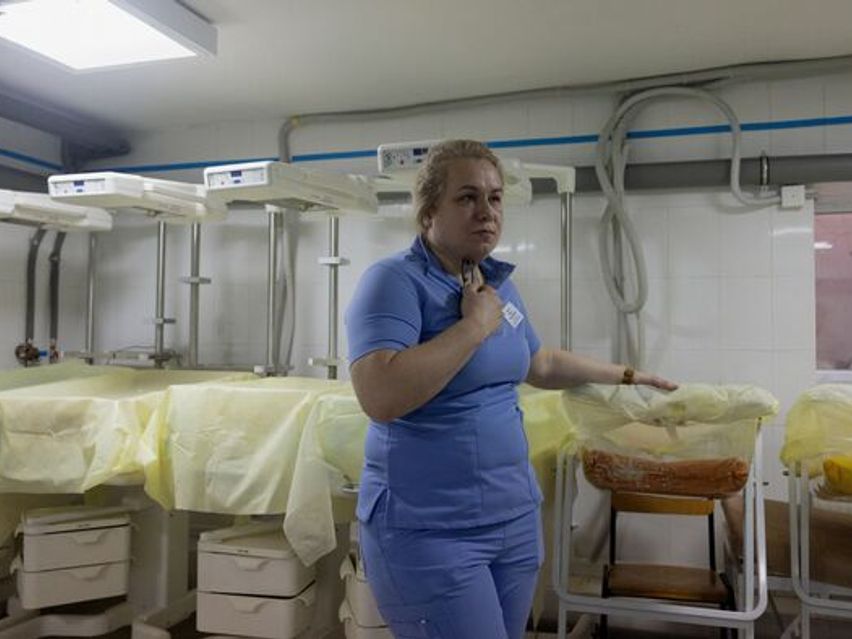

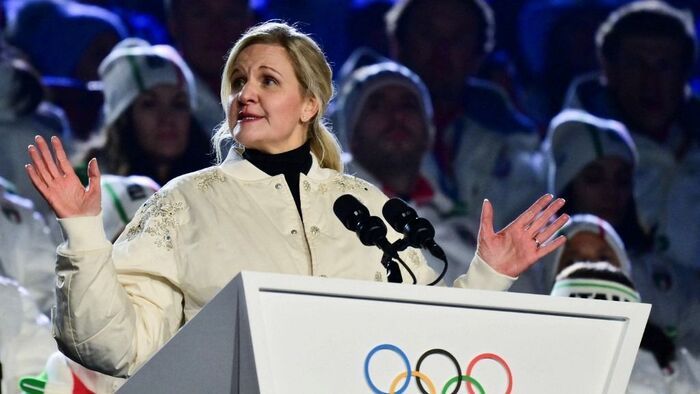


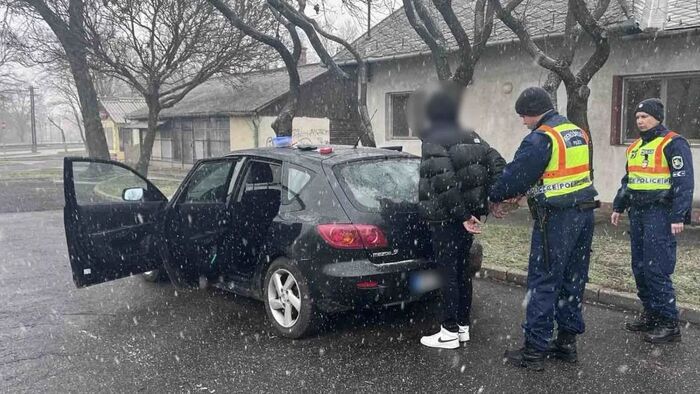
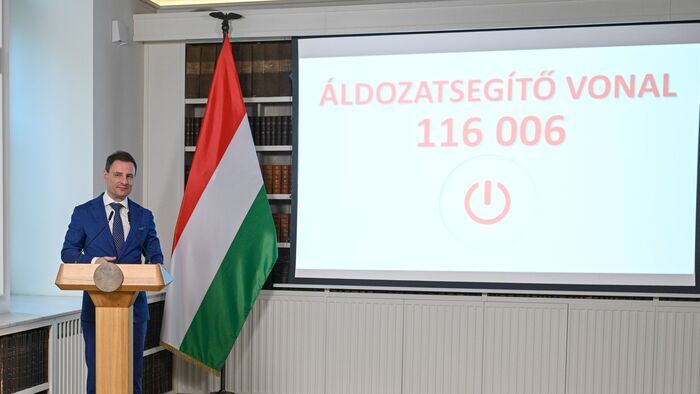


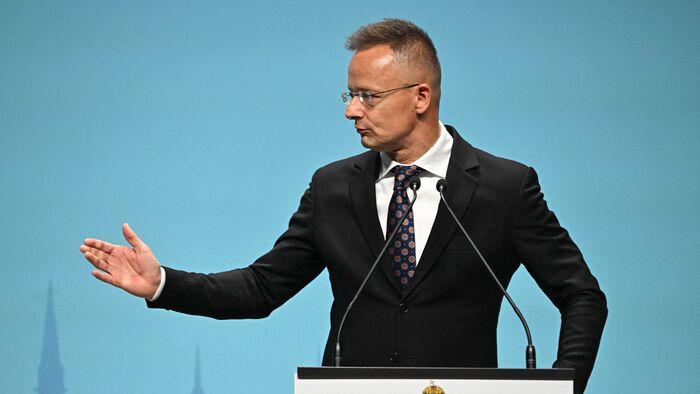
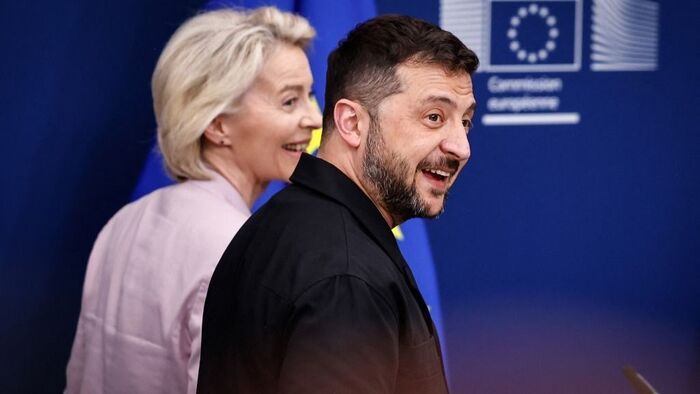

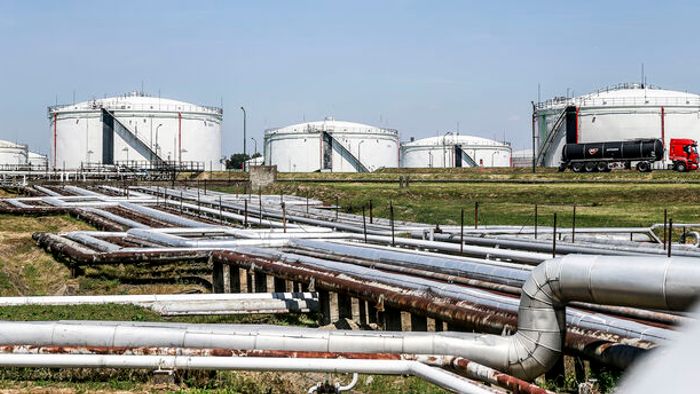
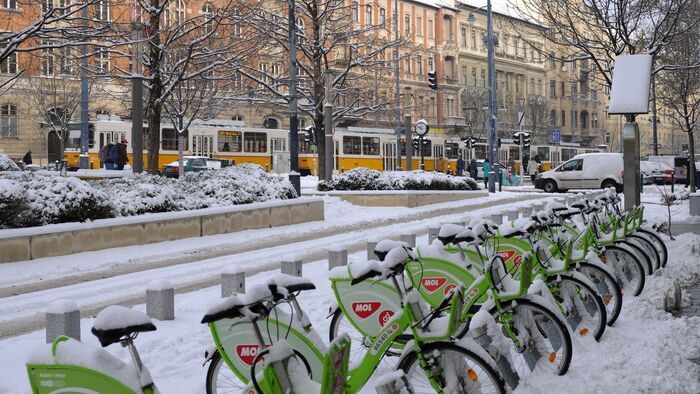
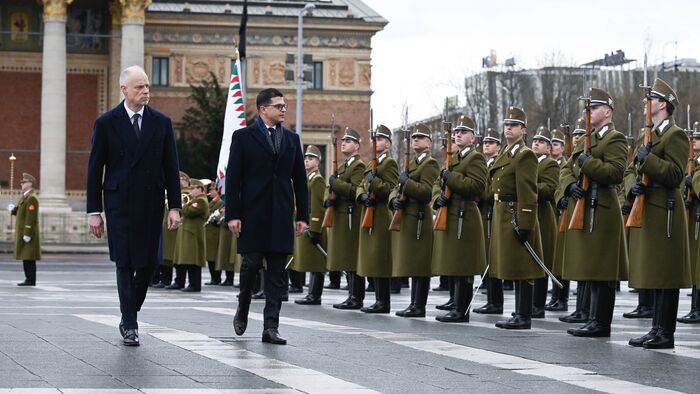

Szóljon hozzá!
Jelenleg csak a hozzászólások egy kis részét látja. Hozzászóláshoz és a további kommentek megtekintéséhez lépjen be, vagy regisztráljon!